Nhân kỷ niệm 90 năm thành lập, British Council (Hội đồng Anh) công bố danh sách 90 từ tiếng Anh có sức ảnh hưởng trên toàn cầu thời gian qua. Các từ tiếng Anh này được chuyên gia từ nguyên học - Susie Dent khám phá và thảo luận, biên soạn bởi tiến sĩ Barbara McGillivray, chuyên gia hàng đầu về ngôn ngữ học tính toán và nhân văn kỹ thuật số.
Danh sách 90 từ được chọn thông qua kết hợp phương pháp tính toán và biên soạn của các chuyên gia, làm nổi bật những phát triển xã hội, văn hóa, công nghệ, chính trị và môi trường từ năm 1934 đến năm 2024. Các chủ đề chính được phản ánh trong danh sách 90 từ bao gồm:
- Sự phát triển của tiếng Anh toàn cầu
- Ảnh hưởng của khoa học và công nghệ đối với ngôn ngữ
- Sự giao thoa giữa giải trí và ngôn ngữ
- Bình đẳng, sự đa dạng và bao gồm
- Tác động của COVID-19 đến tiếng Anh
- Ngôn ngữ chúng ta nói, ngôn ngữ chúng ta dạy

90 từ tiếng Anh có sức ảnh hưởng nhất trong 9 thập kỷ qua. (Ảnh minh hoạ)
Danh sách 90 từ chi tiết như sau: Xem tại đây
Một số từ nổi bật trong danh sách 90 từ như:
Woke: Một nghĩa mới xuất hiện vào năm 2014, woke ban đầu mô tả sự nhận thức nâng cao về những bất công xã hội và chủng tộc. Nó bắt đầu như một thuật ngữ tích cực, đánh dấu sự nhận thức của cá nhân về các vấn đề như chủng tộc và phân biệt. Tuy nhiên, với sự gia tăng phân cực chính trị, "woke" mang ý nghĩa tiêu cực và hiện nay thường được sử dụng theo cách để mô tả những quan điểm được cho là quá cấp tiến.
Edgelord: Được sử dụng lần đầu tiên vào năm 2013, edgelord ám chỉ người tạo ra nhân cách khiêu khích để gây phản ứng, thường là trên mạng. Thuật ngữ này được Stephen Colbert phổ biến và phản ánh văn hóa internet với sự yêu thích nội dung gây sốc để thu hút sự chú ý. Giờ đây, nó là một phần của tiếng lóng trực tuyến, nắm bắt sự cuốn hút của kỷ nguyên số với tranh cãi và cực đoan.
Karaoke: Lần đầu xuất hiện bằng tiếng Anh vào năm 1977, karaoke có nghĩa là "dàn nhạc rỗng" trong tiếng Nhật. Bắt đầu như một thú giải trí âm nhạc ở Nhật Bản, karaoke nhanh chóng lan rộng ra quốc tế và trở thành một hiện tượng toàn cầu. Từ karaoke lần đầu tiên được giới thiệu bằng tiếng Anh bởi Japan Times, mô tả xu hướng mới nổi này trong xã hội Nhật Bản, sau này trở nên phổ biến ở phương Tây.
Virus: Từ gốc Latin có nghĩa là "độc tố" hoặc "chất nhờn", virus ban đầu được sử dụng trong y học để mô tả các tác nhân gây bệnh. Đến thập kỷ 1950, nó thường được dùng để chỉ các bệnh nhiễm trùng thay vì vi khuẩn. Sau đó, thuật ngữ này được áp dụng trong công nghệ máy tính để chỉ phần mềm độc hại. Sự phát triển này phản ánh sự chuyển đổi của từ ngữ từ thuật ngữ y học sang công nghệ số.
Artificial Intelligence: Lần đầu được sử dụng vào năm 1955, artificial intelligence phản ánh những tham vọng ban đầu về trí tuệ máy móc, được truyền cảm hứng từ công trình của Alan Turing. Ban đầu là sản phẩm của nghiên cứu thập kỷ 1950, AI đã phát triển và ảnh hưởng đến công nghệ toàn cầu và đời sống hàng ngày. Sự phát triển của nó phần nào là sự mở rộng của công trình tiên phong của Turing trong thập kỷ trước.
Deepfake: Thuật ngữ deepfake lần đầu tiên được đặt ra trong một bài đăng trên Reddit vào năm 2017, ám chỉ những hình ảnh hoặc video được chỉnh sửa để đánh lừa người xem rằng chúng là thật. Nguồn gốc từ những tiến bộ trong trí tuệ nhân tạo, thuật ngữ này nhanh chóng trở thành một trong những từ liên quan đến AI đầu tiên được công nhận rộng rãi, nhận được sự chú ý lớn ngay cả trước khi cơn sốt AI gần đây bùng nổ. Khi các công cụ AI trở nên tiên tiến hơn, deepfake nêu bật những mối lo ngại cấp bách về thông tin sai lệch và đạo đức của truyền thông kỹ thuật số, trở thành từ khóa trong các cuộc thảo luận về thao túng truyền thông và tính xác thực trong kỷ nguyên số.
Rizz: Được sử dụng lần đầu tiên vào năm 2023, rizz ám chỉ sự quyến rũ hoặc sự hấp dẫn, đặc biệt trong hẹn hò, và được lấy từ từ charisma. Thuật ngữ này được phổ biến vào năm 2022 qua văn hóa game và internet, chủ yếu nhờ vào YouTuber và streamer Kai Cenat. Rizz tuân theo một mẫu hình từ vựng phổ biến, như "flu" từ "influenza" và "fridge" từ "refrigerator". Sự phát triển của từ này, được thúc đẩy bởi TikTok và mạng xã hội, làm nổi bật cách văn hóa internet định hình ngôn ngữ của giới trẻ hiện nay.
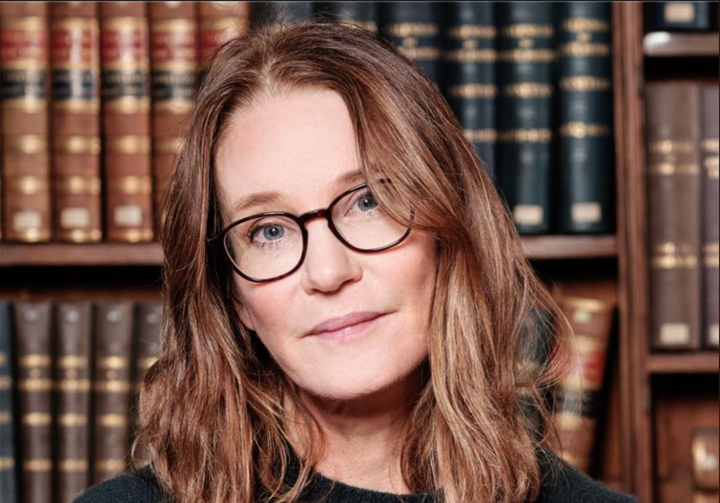
Bà Susie Dent chuyên gia từ nguyên họcc.
Bà Susie Dent, chuyên gia từ nguyên học đánh giá, 90 từ tiếng Anh có sức ảnh hưởng này đã định hình lại ngôn ngữ giao tiếp trong chín thập kỷ qua, nó làm nổi bật sự thay đổi trên thế giới, sự liên kết giữa các quốc gia, vùng lãnh thổ, văn hoá ngày càng gia tăng. Trong mọi trường hợp, chúng ta sẽ thấy sự linh hoạt của tiếng Anh trong việc đáp ứng nhu cầu của chúng ta trong cuộc sống hàng ngày.
Tiến sĩ Barbara McGillivray, chuyên gia hàng đầu về ngôn ngữ học tính toán và nhân văn kỹ thuật số không khỏi ngạc nhiên khi biên soạn 90 từ này vì nhận thấy ý nghĩa của chúng thay đổi rõ rệt trong thời gian qua, công nghệ đã định hình lại ngôn từ giao tiếp
Nguồn: https://vtcnews.vn/90-tu-tieng-anh-duoc-su-dung-nhieu-nhat-9-thap-ky-qua-ar913192.html












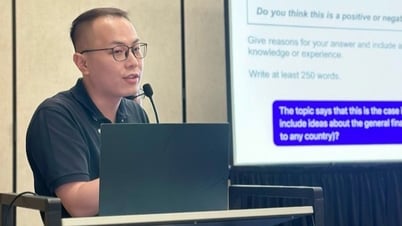



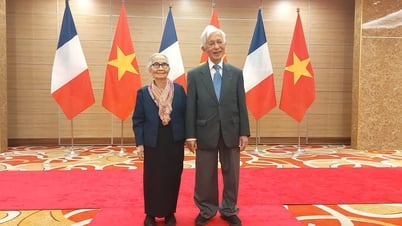
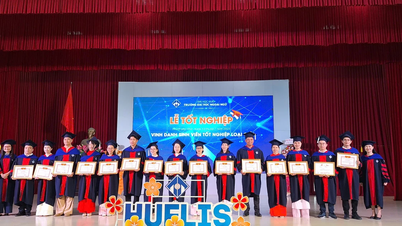

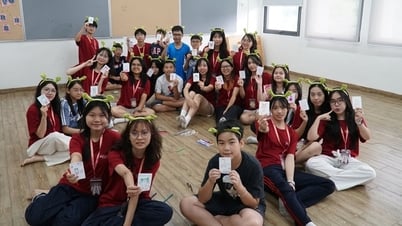








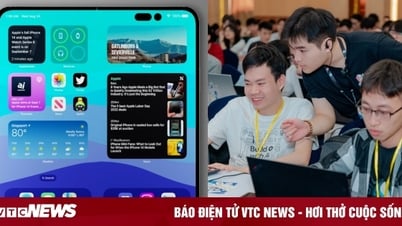




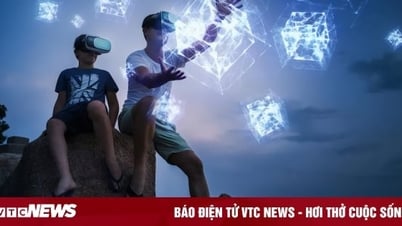





















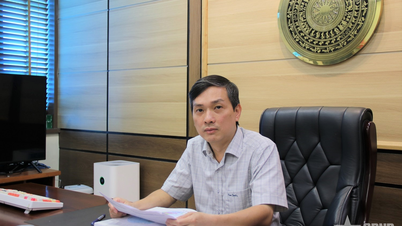









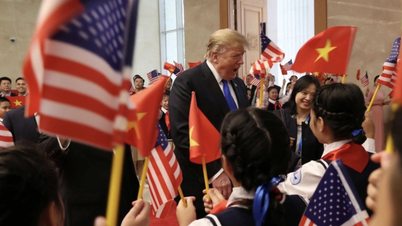



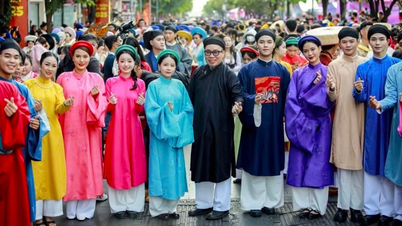
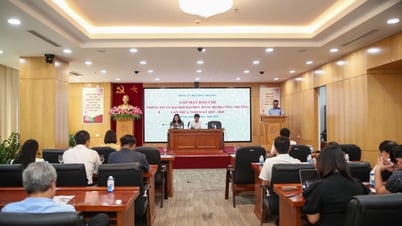

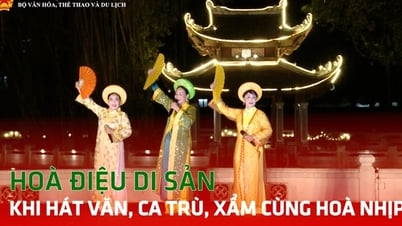
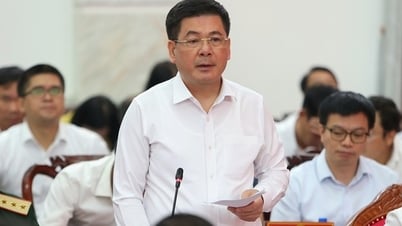






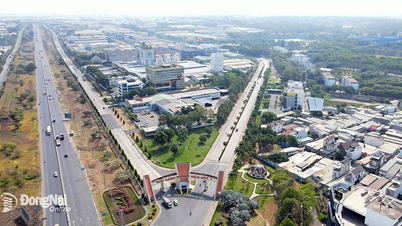



















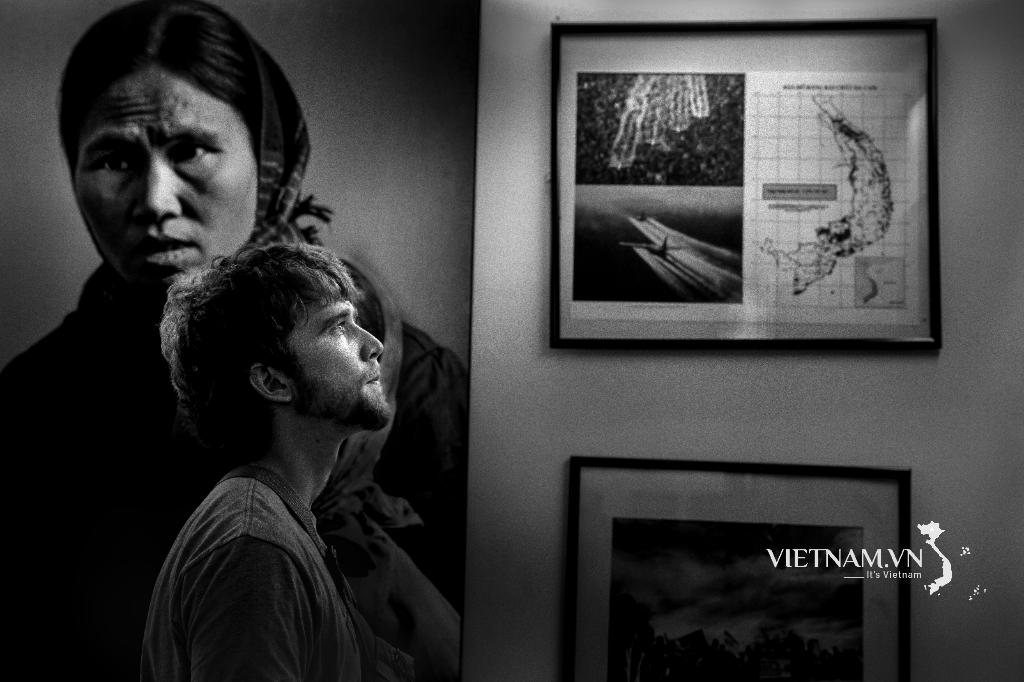


Bình luận (0)